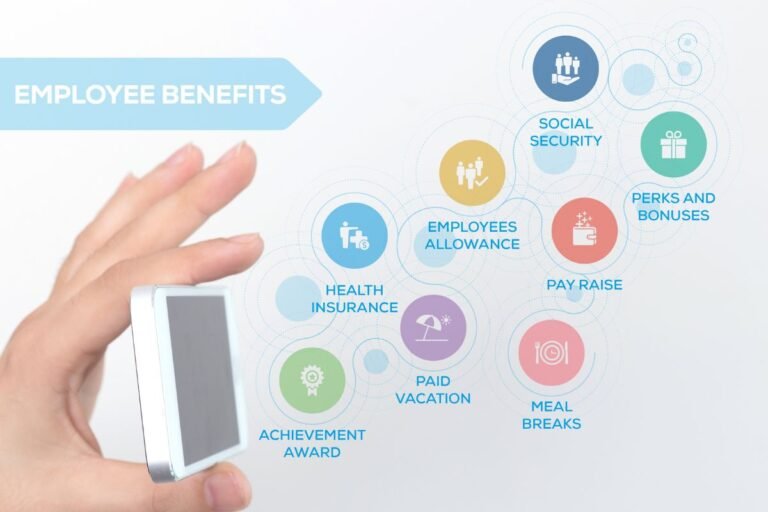5 Essential Online Event Planning Tips
Are you looking to host an online event but aren’t sure how to plan it?
Hosting an online event can be a lot of fun, but it can also be challenging. Luckily, with the right know-how, you can host an online event that goes off without a hitch.
Check out this online event planning guide to learn how to host an online event.

Why Host a Virtual Event?
Before we talk about the how, let’s talk about the why. Is hosting an online event worth it? Should you just wait until you can host your event in-person?
While hosting an online event does come with some drawbacks, there’s also a lot of benefits. Here are some of the benefits of virtual events:
- Lower Costs: With an online event, you don’t have to rent a physical space, provide food, fly-in participants, or deal with any of the other costs that come with hosting virtual events
- Repurpose Content: You can repurpose content for your virtual events, giving your investment a longer shelf life
- Reach a Bigger Audience: Without travel, financial, or time constraints, more people will be able to attend your online event
Additionally, virtual events can convert into real sales.
Online Event Planning Tips
To reap all of the benefits of virtual events, you need to plan appropriately. Here are some tips for hosting an online event:
- Choose the Right Platform
When hosting an in-person event, you spend a lot of time checking out venue spaces before deciding on one that’s the right fit. You should put in the same amount of care choosing a hosting platform as you would choosing an event space.
While Zoom has arguably become the most popular platform for hosting online events, it’s not your only option. Other virtual event platforms you should look into include:
- Microsoft Teams
- Google Meet
- Join.me
- Whereby
- Cadence
- Soccio
- Hopin
- Eventtia
As you can see, there are a lot of options out there. Here’s what to look for in a virtual event platform:
- As few barriers of entry as possible (i.e., one simple registration link instead of multi-step registration)
- Strong security features
- An on-demand support team and live chat support
- Customization and personalized branding options
- Real-time and post-event data analytics
To choose the right virtual event platform, start by determining your event’s goals and figuring out how many attendees you want to host. Then, identify the key features you need in a virtual event platform. Also, consider your budget.
- Keep Your Expectations Realistic
If you expect your online event to 100% emulate an in-person event, you’re going to be left feeling disappointed. Check your expectations at the door, and don’t waste any time comparing your online event to your in-person events.
Instead of focusing on the limitations of online events, focus on the positives. As we mentioned earlier, online events are typically a lot more affordable than in-person events. With the money you save hosting an online event, you can funnel your spare change into trying new marketing strategies or hiring a speaker that would normally be out of your budget.
- Create a Game Plan
Before you dive too far into your online event planning, you need to formulate a game plan. Here are some questions you should answer to help you strategize:
- Will access to the event be gated or free?
- What kind of experience do I hope to deliver to my attendees?
- How will we promote the event?
- What does an ideal event attendee look like? (aka, who’s your target demographic?)
- Will we require event registration?
- What type of data do we plan to track?
- Do we plan to work with a sponsor or advertiser?
- How many people do we want to attend the event?
Once you’ve answered these questions, you can start planning. If you’re hosting HCP Engagements and Events, you can check out these planning tips.
- Choose the Right Time
When it comes to virtual event planning, timing is everything. However, picking the right date and time for your virtual event can be tricky.
While hosting it at night may make sense because most people will be done with work, keep in mind that this means you’ll have more competition with other online events. Plus, a lot of people like to spend their evenings with their families.
You need to accept the fact that there isn’t going to be a “perfect time” to host your event. Instead, focus on picking a time that makes the most sense for your demographic.
For example, if the event is catered to a younger crowd, then hosting it a bit later in the evening may make the most sense. If your event is catered to retirees, then you may want to host it early in the morning.
Before settling on a time and date, make sure there aren’t any other major competing events or holidays occurring at the same time. And, make sure to settle on a time and date early so people have time to plan.
- Market the Event
Once you’ve settled on a time for your event, it’s time to start marketing. Figure out the key selling points your event has to offer your attendees.
Will your attendees learn a new skill? Will they have an opportunity to network? Or, maybe they’ll get access to insider information relating to your brand? Whatever it is, make sure you include the key selling points in all of your marketing materials.
As soon as you have the event details figured out, share them via email and social media. You can also run targeted ads on Instagram and other social networking sites.
Online Event Planning: Are You Ready to Plan Your Event?
Now that you’ve read these online event planning tips, it’s time for you to start putting together your online event. With these tips, your online event should go off without a hitch!
Be sure to check back in with our blog for more event planning tips and tricks.





